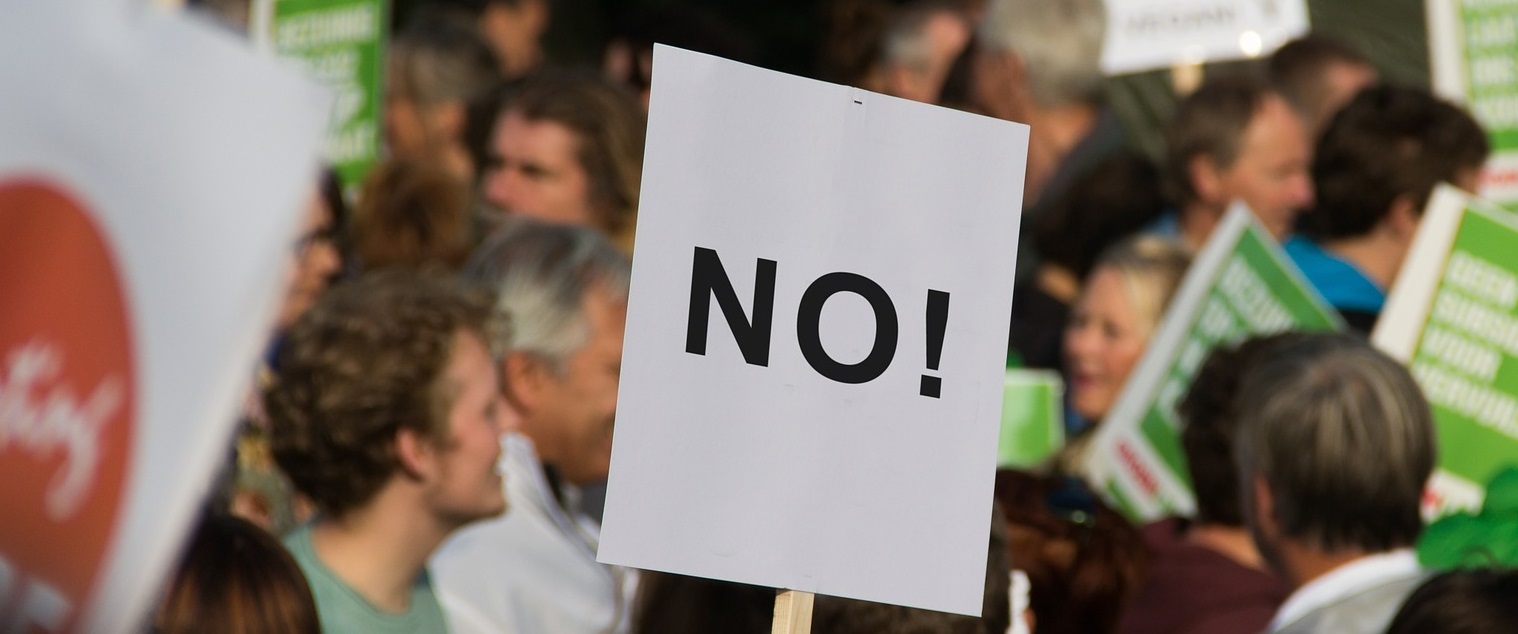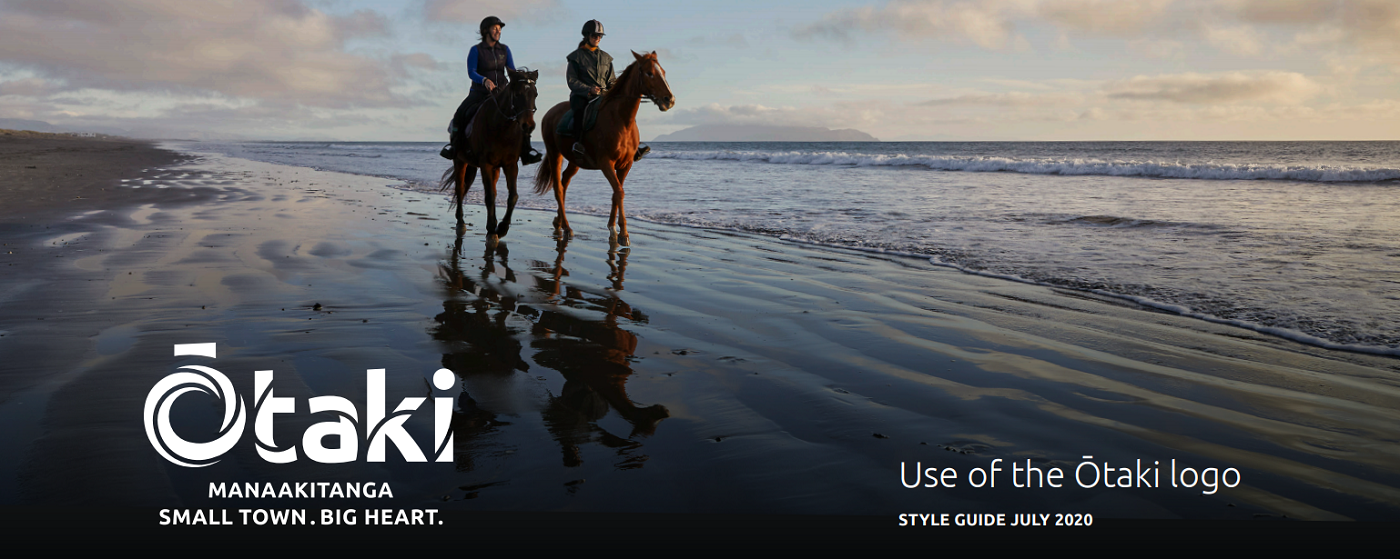
Photo: Pixabay.com
From the Editor’s Desk
By Ian Carson
As the anti-everything protest rolls on with little sign of resolution, I see plenty of social media posts about the peaceful nature of those occupying Parliament grounds.
I have no doubt the protesters believe they have grievances. I’m just not sure what they’re so angry about. If it’s freedom to make choices, they absolutely have that – in spades-full compared with many other countries. Including the right to protest.
But my particular problem with this anger is personal. I’m a journalist. So I’m the enemy. Apparently I lie, refuse to tell the “real” stories, and take money from the Government. For that, I deserve to be executed.
Some protesters have distanced themselves from this sort of rhetoric, saying it’s just a joke. But they want to be taken seriously, so let’s take it as it says: Journalists should be executed.
This rallying call still elicits cheers when it’s fist-pumped into the air by protest speakers, and remains on banners throughout Parliament grounds. It’s undoubtedly been responsible for the deplorable behaviour shown to journalists trying to report from Parliament.
The anger against journalists – and politicians and health care workers – is straight from the Trump playbook, whether some of the protesters realise it or not. Fuelled by disinformation on social media, the evidence was clear as the SUVs and campervans drove through rural towns flying "patriotic" flags on a convoy to Parliament. Will anyone feel comfortable flying a New Zealand or Tino Rangatiratanga flag again?
Let’s look at the main complaints against me and other journalists.
1. We lie.
We're actually trained to tell the truth. Unlike social media, journalists are subject to scrutiny through the media council, and ultimately the law of the land. If we tell porkies, and there have been a few rare cases where journalists have been caught out, there’s a process that can lead to a very public apology, a fine, job loss or even jail time. This applies to the journalist and the media organisation. Execution – at least in a democracy – is not yet a remedy.
The discipline of journalism means checking and double-checking, being wary of even reliable sources to ensure accuracy in reporting. That rarely applies to social media commentators, or just Joe Blog posting on Facebook in the middle of the night. They can lie through their teeth and get away with it. Sometimes outrageously and dangerously. And say they're telling the stories the mainstream media won't tell.
Ironically for the protesters, it’s always the media who break the stories of corruption and misinformation in high places. If the Covid vaccines were truly dangerous, the media would be the first to report it. The media are the scourge of crooked governments around the world, because it is only they who tell the population what’s really happening. For that, they really are executed, but not by the people. Right now, it's journalists putting their lives on the line in Ukraine to tell the world about what's really happening there.
When there are posts on Facebook, Twitter, et al that are blatantly and verifiably untrue, those platforms (sometimes) delete the posts. Those who lie then say it’s censorship and that they’re being stopped from telling the world “the truth”.
Saying it is true doesn’t mean it is. Look at Trump who continues to say he won the 2020 elections despite zero evidence to back up his claim. Sadly, in America so many people believe him that he continues to pull the strings in the Republican Party. And that in itself is a danger as New Zealand gets dragged into similar debates about what to do with liars clearly seeking to disrupt democracy.
2. We don’t tell the stories the protesters want us to.
If those stories are simply not true, then we have an obligation not to tell them and spread the disinformation. One example is that they say hundreds of New Zealanders have died from Covid vaccinations. Or that the virus just doesn’t exist. Journalists have looked at these claims and found no evidence. So of course it’s not going to be reported.
The protesters want stories about how they’ve been affected by the mandates. That’s happened in newspapers and other media throughout the country. The fact that it's not stopped the mandates, the mask wearing and other public health measures is not the fault of the media.
What they really want is validation for their actions. That’s not our job.
3. We’re being paid by the Government to toe the line.
Not true. Some of us who operate community newspapers don't even get government advertising, simply because we’re too small. We've had no government payouts, other than those available to most businesses during the 2020 lockdown.
What some social media posts have claimed is that the Government is shaping media stories by offering handouts.
What they’re probably referring to is the Public Interest Journalism Fund (PIJF). This three-year fund was established in 2020 to support media companies struggling through a Covid-induced advertising downturn. If not for the fund, there was a danger some media organisations would have to severely restrict their reporting – especially in time-consuming and costly investigative journalism – cut experienced staff or even close down. That would have left a big vacuum in real journalism that continues to hold those in power to account. The vacuum would have been happily filled by much of the mis- and disinformation we see now. The fund has certainly not encouraged or forced news organisations to toe the line. Just look at the reporting on the pace of the vaccine rollout, PPE availability, availability of rapid antigen tests etc.
It’s interesting that there’s not been the same level of debate about RNZ and TVNZ, which have been funded for years through the public purse, and been fiercely independent in their reporting and criticism of the Government. NZ On Air also receives government funding to generate quality programming – just as the PIJF does for quality reporting throughout the country.
Ultimately, I take pride in my journalism. I have feared for my colleagues in places such as Mexico, Belarus and now Ukraine, but I never thought I would have reason to fear for the safety of journalists in New Zealand.
LATEST POSTS
- Who was our first knight?
- Carl Lutz – farmer who loved the land, and Fordsons
- Money for the expressway – for whom does the bell toll?
- Arthur saw nature ‘with eyes of admiration’
- Ōtaki-Māori Racing Club ‘focused on mana and mauri’
- If you’re not there you won’t know what’s going on
- Ōtaki abuzz with film festival - Ōtaki Today
- Hall helps to connect and build community
- Plenty of help organisations in times of need
- Di’s QSM for services to community and environment
- Rewi’s story one of adversity in old Ōtaki
- Urban designer poses critical question - What’s the plan for Ōtaki?
- New road evokes memories of apples and steam trains
- A slick and shiny surface signals a ready expressway – almost
- Black ferns 10, NZ Rugby 0 – no contest!
- Let’s think outside the box to solve town’s problems
- A full life for proud dad Sam Doyle
- Helping navigate the crossroads of people’s lives
- Ōtaki could be even greater, if by design
- Sad day for Ōtaki

